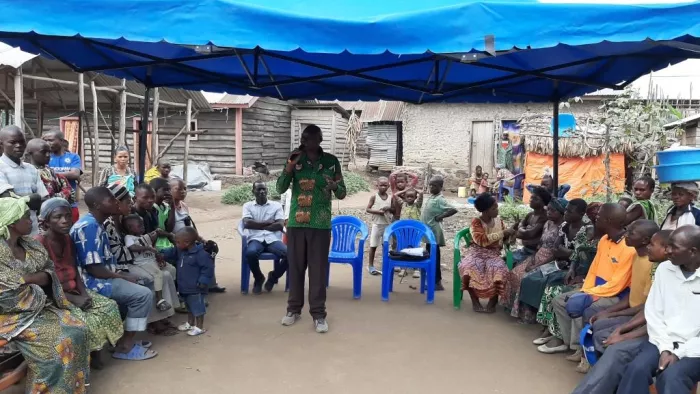ABOUT THE PROJECT
Protection refers to activities aimed at obtaining respect for the rights of individuals in accordance with international law, regardless of their age, gender, social ethnic, national, religious, or other background.
However, expertise in protection is often not embedded in local and national organisations, which are uniquely placed to respond rapidly and appropriately to disasters. In order to empower national level organisations to take greater ownership of protection response and enable them to mainstream it, a shift in the relationship between international and national organisations is required.
This project proved that skills and expertise developed at the national level brought value to a protection response, whilst fostering collaboration between international and national actors. The project was able to shift protection activities to have a more decentralised approach. National actors were supported to actively participate in protection coordination mechanisms to further contribute to a broader change in the sector.
The project captured learning about what worked and why in capacity building relationships between national and international organisations. The project used pilot activities, staff exchanges, secondments, and work experience to give partners a real practical experience combined with support and mentoring.
AIMS
The project had three interlinked aims which were implemented one after another in each location:
1. Built greater capacity for protection mainstreaming among national humanitarian staff, non-governmental organisations (NGOs) and community-based organisations (CBOs) by increasing knowledge and understanding.
2. Helped five national NGO/ CBOs become protection specialists by assisting them to implement protection activities and coordinate effectively with other protection actors.
3. Created an effective evidence base of what works in practice and shared this with other projects and initiatives, increasing knowledge and understanding of how to raise capacity for protection in national level organisations.
WHO WAS INVOLVED?
The project was delivered through a consortium led by Oxfam and included World Vision and the International Rescue Committee.
WHERE DID THE PROJECT TAKE PLACE?
The project took place in Pakistan, Turkey, Lebanon, Myanmar, South Sudan, the Philippines, and the Democratic Republic of Congo.
FUNDING
The three year project was funded with £804,000 from UK Aid, part of the Disaster and Emergencies Preparedness Programme (DEPP).
FIND OUT MORE
Read the project one-pager
Protection Mainstreaming Briefing Note
Protection Mainstreaming Monitoring & Evaluation System (ProMMS)
Communication package on protection
Read the Protection in Practice Learning Snapshot
KEY CONTACTS
KERRY AKERS, PROJECT MANAGER, OXFAM
ALICE HAWKES, SENIOR COORDINATOR, IRC
RACHEL HASTIE, PROTECTION ADVISOR, OXFAM

